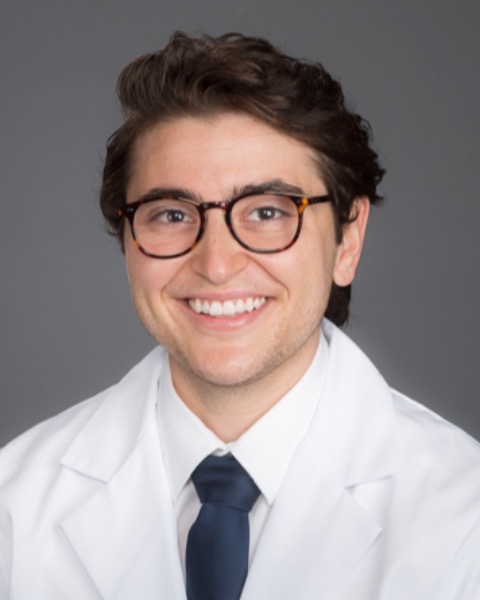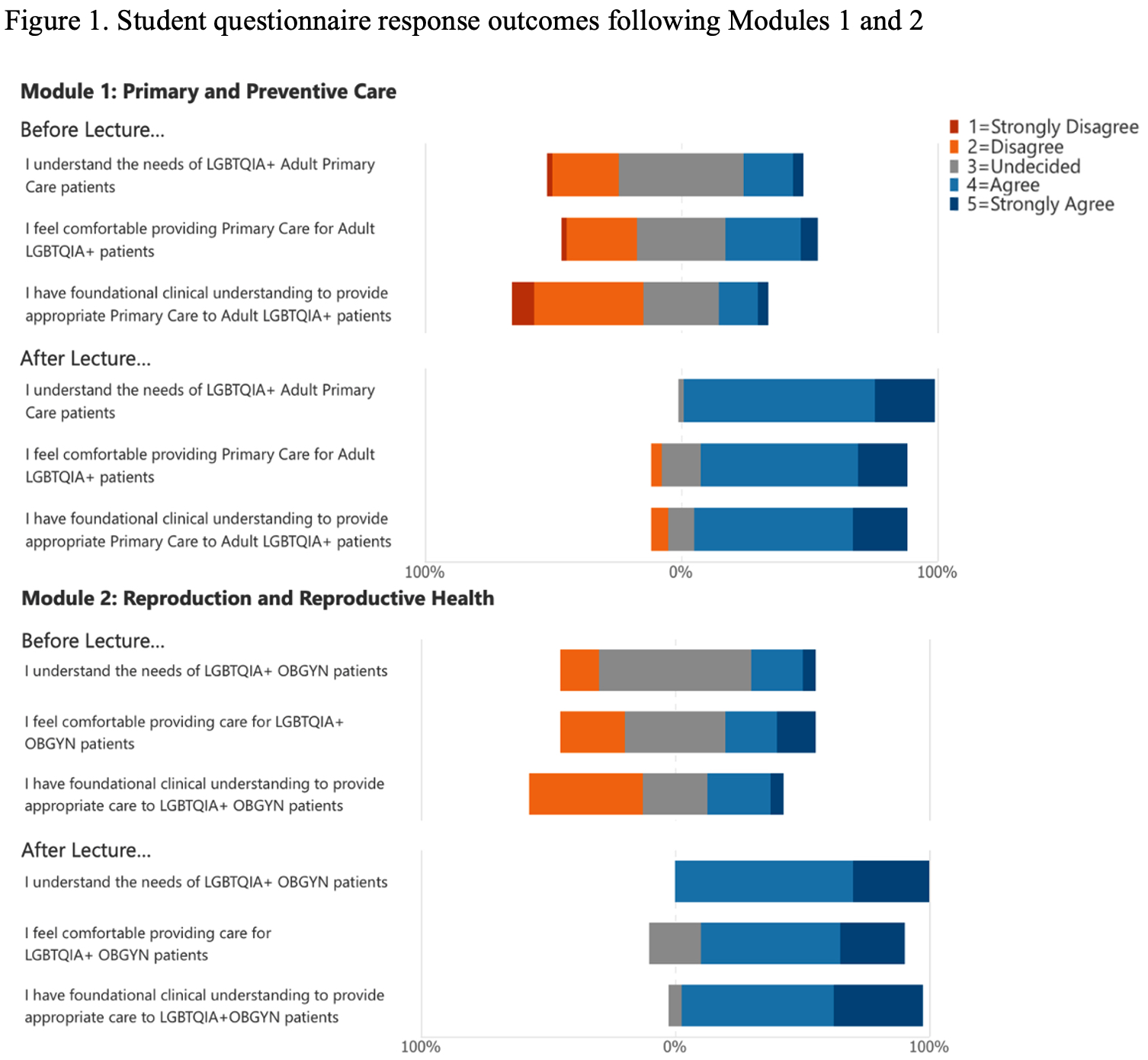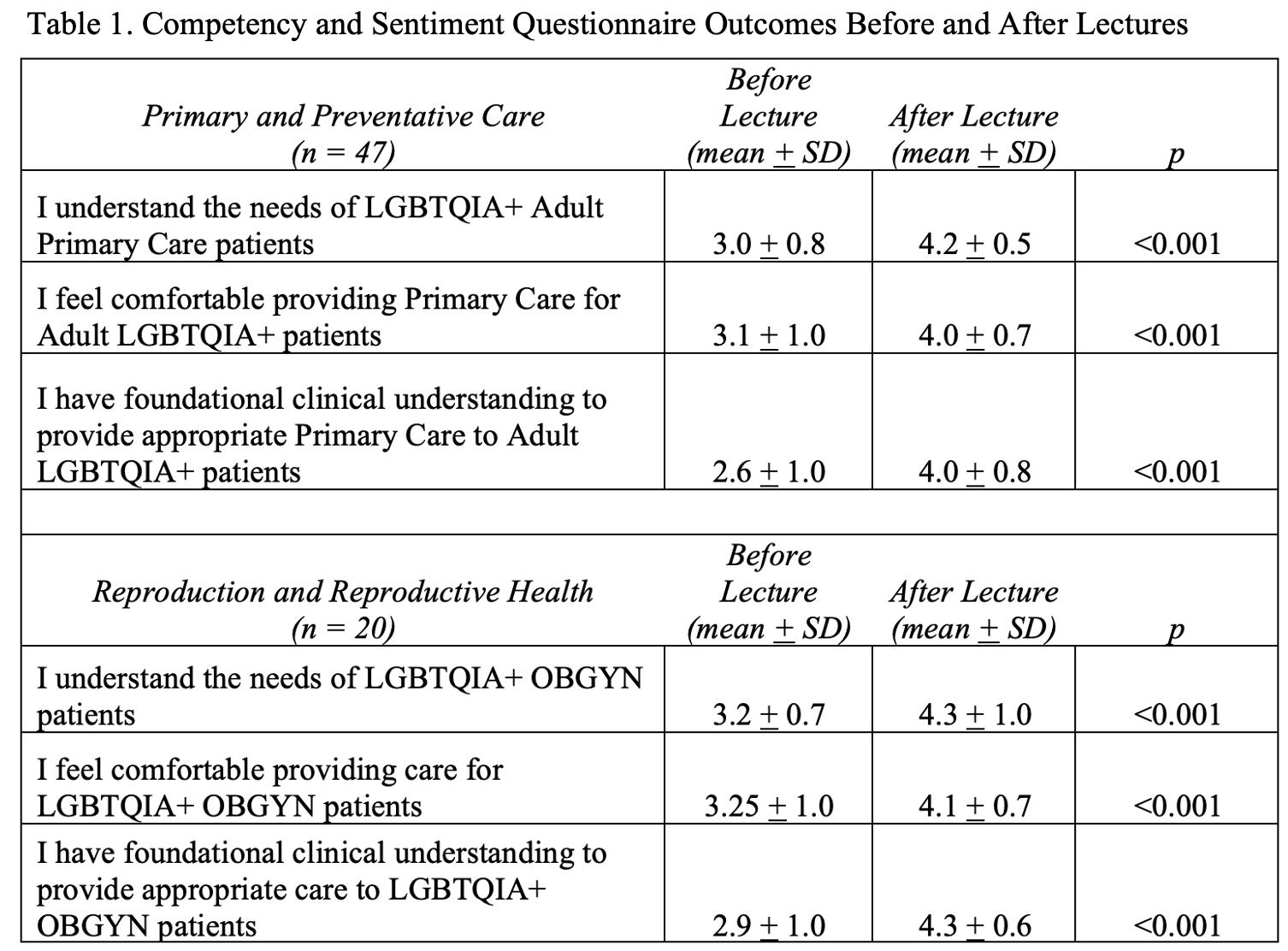Back
Poster, Podium & Video Sessions
Moderated Poster
MP19: Education Research II
MP19-02: Addressing Medical Education Curriculum Gaps in Urological Care for LGBTQIA Patients: A Certificate to Advance Training in Gender and Sexual Minority Health
Saturday, May 14, 2022
7:00 AM – 8:15 AM
Location: Room 228
Caleb Bercu*, Joseph Nickel, Scott Rhodes, Winston-Salem, NC, Bradley Figler, Chapel Hill, NC, Ram Pathak, Winston-Salem, NC

Caleb Harold Bercu, BA
Wake Forest School of Medicine
Poster Presenter(s)
Introduction: The median time dedicated to teaching LGBTQIA topics during preclinical and clinical years of medical education is limited to an average of 5 hours. Multidisciplinary instruction is needed to equip medical students with foundational knowledge to provide high-quality, evidence-based care for patients with diverse sexual orientations, gender identities, and sex development. This study evaluates outcomes of an Advanced Training in Gender and Sexual Minority Health Care Certificate.
Methods: The curriculum includes a 3-Night LGBTQIA training that provides introductory lectures and patient simulations for healthcare professionals. Students attend a series of five modules involving the following medical specialties: Primary Care, Psychiatry, Endocrinology, Reproduction/OBGYN, Plastic and Urological Surgery, and complete an independent Capstone project. Each module is comprised of a 1-hour lecture presented by a physician leader in the field. Questionnaires were administered after each lecture. Lectures contain information on epidemiology, basic science, research innovation, cultural sensitivity, and clinical best practices.
Results: 67 unique data points were collected from Module 1: Primary and Preventative Care and Module 2: Reproduction and Reproductive Health. Student feedback was evaluated on a Likert scale of 1 to 5 in understanding needs of patients, comfort level, and foundation clinical knowledge to care for LGBTQIA patients (Figure 1). Comparison of average questionnaire scores before versus after lecture significantly increased in all categories for Module 1 and Module 2 (Table 1, p < 0.001).
Conclusions: Preliminary results presented in this study provide evidence that the Advanced Training in Gender and Sexual Minority Health Care Certificate may effectively supplement standardized undergraduate medical education on LGBTQIA topics.
Source of Funding: None.


Methods: The curriculum includes a 3-Night LGBTQIA training that provides introductory lectures and patient simulations for healthcare professionals. Students attend a series of five modules involving the following medical specialties: Primary Care, Psychiatry, Endocrinology, Reproduction/OBGYN, Plastic and Urological Surgery, and complete an independent Capstone project. Each module is comprised of a 1-hour lecture presented by a physician leader in the field. Questionnaires were administered after each lecture. Lectures contain information on epidemiology, basic science, research innovation, cultural sensitivity, and clinical best practices.
Results: 67 unique data points were collected from Module 1: Primary and Preventative Care and Module 2: Reproduction and Reproductive Health. Student feedback was evaluated on a Likert scale of 1 to 5 in understanding needs of patients, comfort level, and foundation clinical knowledge to care for LGBTQIA patients (Figure 1). Comparison of average questionnaire scores before versus after lecture significantly increased in all categories for Module 1 and Module 2 (Table 1, p < 0.001).
Conclusions: Preliminary results presented in this study provide evidence that the Advanced Training in Gender and Sexual Minority Health Care Certificate may effectively supplement standardized undergraduate medical education on LGBTQIA topics.
Source of Funding: None.



.jpg)
.jpg)